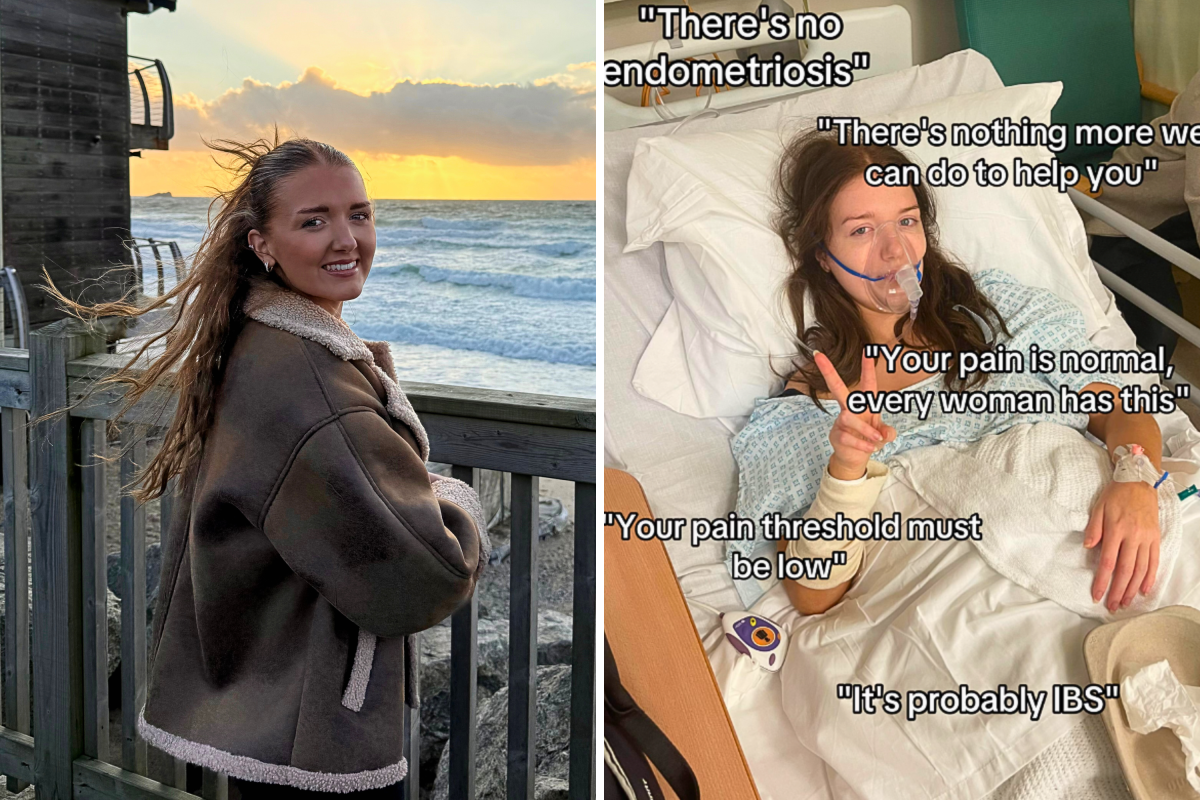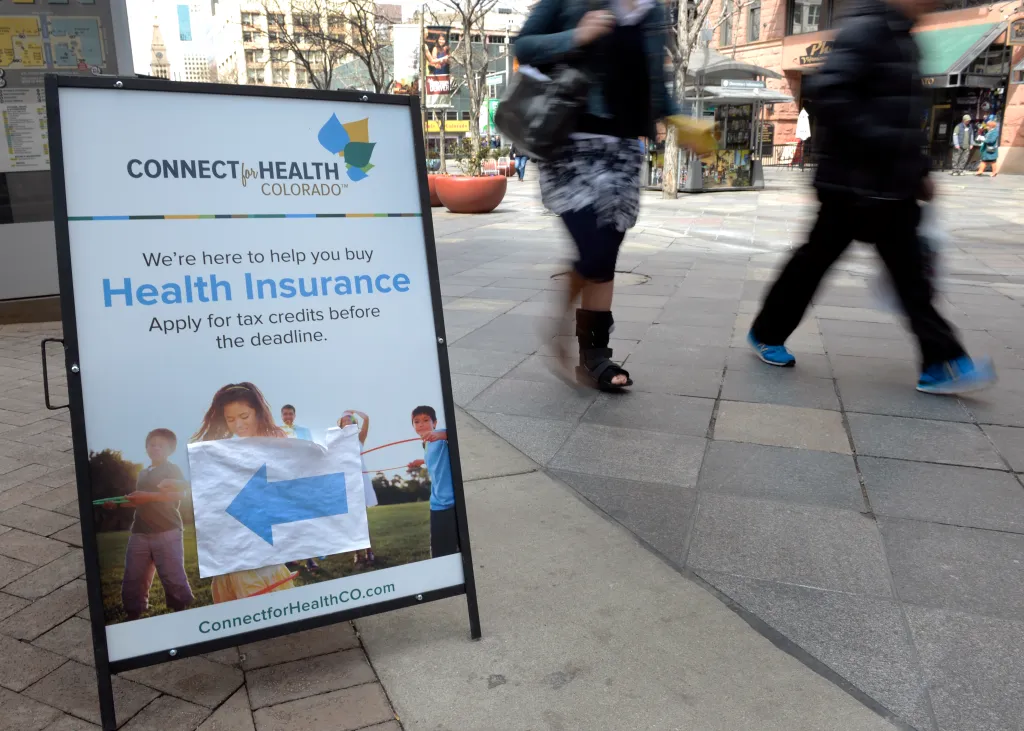Copyright Newsweek

At just 25, Holly Bacon is building a digital community of thousands by sharing her painful, personal journey toward being diagnosed with endometriosis and adenomyosis. But the journey to reach that diagnosis has left her desperate for further answers and disillusioned with how some medical professionals view the condition . “The journey toward a diagnosis can be long and difficult,” Bacon—from Derbyshire, England—told Newsweek. “At times, it may feel like a constant struggle to be heard, believed and to advocate for further investigation into your symptoms.” Bacon is one of more than 1.5 million women in the U.K. estimated to suffer from endometriosis. The condition occurs when tissue similar to the lining of the womb grows in other parts of the body, causing chronic pain, heavy menstrual bleeding, fatigue and sometimes infertility. In the U.S., approximately 6.5 million women are affected by the condition and an estimated 190 million women of reproductive age have the condition worldwide. Bacon began seeking help for her symptoms more than two years ago, but says her concerns were initially dismissed. Despite progressing through general practitioner visits and gynecology consultations, her first laparoscopy—a common method of diagnosing endometriosis—yielded no evidence of the disease. She was told there was nothing wrong. “I felt so disheartened,” she said. “Not because I wanted to have this illness, but I almost was desperate for something to be wrong with me to have justification as to why I was in so much pain.” Over time, her symptoms worsened. What began as a physical battle soon became psychological, too. “It started to affect my mental health as well, so I knew I had to do something else as this was ruining my life,” she said. The turning point came when Bacon sought out a private specialist. It was a choice she says she did not make lightly, citing the financial burden on her as a significant concern. But with financial support from her family, she moved ahead with a second operation—this time under a surgeon with expertise in endometriosis. “In June 2025, 18 months after my first surgery, I had my second surgery and was diagnosed with stage 3 endometriosis and this was removed by the surgeon,” she said. (Endometriosis is classified into four stages, from mild through to severe. Stage 3, considered moderate, is characterized by many deep implants and often the presecence of both cysts on an ovary and the formation of deep scar tissue that can lead to sharp pain and feelings of nausea.) Bacon added: “An MRI prior to surgery also confirmed adenomyosis.” Adenomyosis, a related condition in which endometrial tissue grows into the muscular wall of the uterus, currently has no cure other than hysterectomy—a route Bacon is not willing to consider at her young age. “I finally felt heard, had actual answers to my pain for all of those years," she said. "It really is a bittersweet feeling." Bacon’s experience mirrors that of many women, who report feeling dismissed or misdiagnosed by medical professionals. A 2024 study in published in the Journal of Endometriosis and Uterine Disorders found that many sufferers felt disregarded. A study from the same year out of Manchester Metropolitan University in England identified a "postcode lottery" when it comes to treatment access, particularly for patients in rural areas who must travel long distances to reach specialists. And a 2025 study published in BMC Women's Health found that Black women in the U.S. remain underrepresented in endometriosis research, limiting the potential for future application of new discoveries. For Bacon, the validation of finally receiving a confirmed diagnosis came with emotional complexity. “I still suffer unfortunately as adenomyosis is untreatable unless through hysterectomy,” she said. “So, I will still be very much documenting my journey and any tips and tricks I have to help make life a little easier.” Bacon shares those experiences under the social media handles @hollybacon on TikTok and @hollysendodiary on Instagram. One of her videos detailing her diagnostic journey has received more than 457,000 views and hundreds of comments from people who related to her experience. “I created that specific post to detail my journey above and to show others that go through this that they are not alone,” Bacon said. “Whenever I typed in ‘endometriosis’ to social media I only ever found videos where it was found in their first operation, which always made me doubt myself.” She said that challenging the assumption that a negative laparoscopy means no disease is an important message, especially for other young women growing up amid increasing endometriosis awareness. “The fact the video did resonate with so many just proves how much people are fighting for diagnosis," she added. "It does make me emotional knowing my journey maybe has helped one person feel less alone.” That sense of isolation is something Bacon understands deeply. “I know firsthand how much this illness can make you feel alone and it’s as much a mental game as it is physical unfortunately,” she said. Still, she counts herself fortunate to have a strong network around her that hold her hand through the most challenging days—a network that, thanks to social media, is only growing. “I am very lucky to have the best support network around me,” she added. “They are the reason I am able to get through this.” Is there a health issue that's worrying you? Let us know via health@newsweek.com. We can ask experts for advice, and your story could be featured on Newsweek. References Cunnington, S., Cunnington, A., & Hirose, A. (2024). Disregarded, devalued and lacking diversity: An exploration into women’s experiences with endometriosis. A systematic review and narrative synthesis of qualitative data. Journal of Endometriosis and Uterine Disorders, 8, 100087. https://doi.org/10.1016/j.jeud.2024.100087 Hearn, J. H., Bryson, K., Barsauskaite, L., & Bullo, S. (2024). A COM-B and Theoretical Domains Framework Mapping of the Barriers and Facilitators to Effective Communication and Help-Seeking Among People With, or Seeking a Diagnosis Of, Endometriosis. Journal of Health Communication, 29(3), 174–186. https://doi.org/10.1080/10810730.2023.2299003



